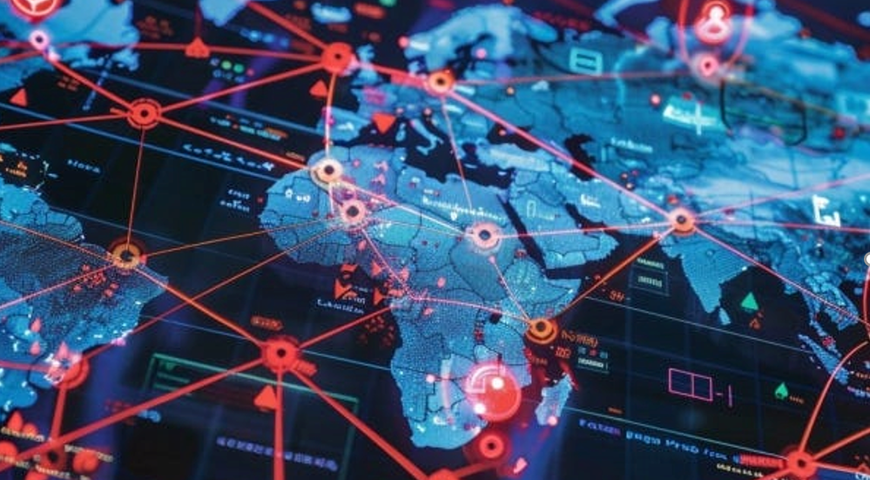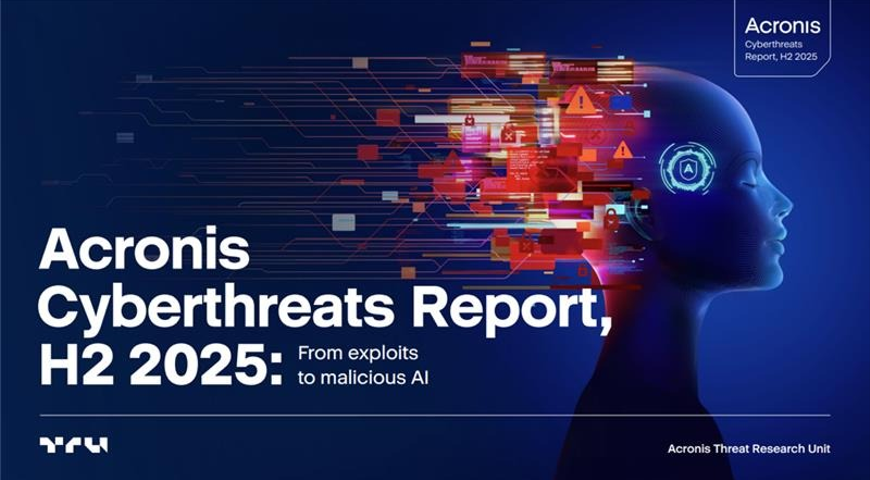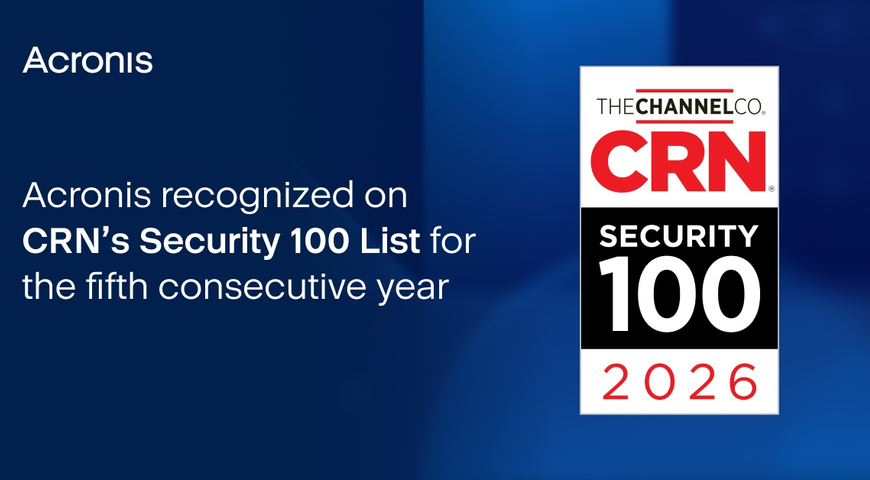
Spain's flag carrier Iberia Airlines disclosed a significant data security incident in November 2025 that should put all customers on high alert. The breach, which occurred through a compromised third-party supplier, has exposed personal information and created new risks for travelers who have flown with the airline.
What happened in the Iberia cyberattack
Iberia detected unauthorized access to systems belonging to one of its suppliers, which led to the compromise of customer data. The airline began notifying affected passengers over a weekend in late November 2025, explaining that despite its security measures, attackers gained access to certain personal information.
The compromised data may include customer names, email addresses and Iberia Club loyalty card identification numbers. The good news is that account login credentials, passwords and financial details like banking or credit card information were not accessed.
The timing of the disclosure is notable. About a week before Iberia's customer notifications went out, a threat actor claimed on dark web forums to be selling 77 GB of alleged Iberia data for $150,000. While it remains unclear whether this separate data dump is connected to the customer breach, the incident highlights the multiple vulnerabilities facing modern airlines.
Immediate phishing risks for Iberia customers
If you're an Iberia customer, you need to be immediately aware of possible phishing attempts. The compromised information could be used to make follow-on phishing attacks appear legitimate. Cybercriminals now have authentic names, email addresses and loyalty program details that can make fraudulent communications seem convincing.
Iberia stated it had no evidence the stolen information is being used fraudulently but urged customers to look out for suspicious communications. Be particularly wary of:
- Emails claiming to be from Iberia asking you to verify account information.
- Messages requesting password resets or login credential updates.
- Communications offering compensation or refunds related to the breach.
- Links directing you to websites that look like Iberia's official site but have slightly different URLs.
Remember: Phishing attacks can happen at any time, even months after a breach when your guard might be down. Criminals can be patient and sometimes wait for the initial wave of concern to pass before launching their campaigns.
The critical role of security awareness training
The Iberia incident underscores a fundamental truth about modern cybersecurity: human beings remain both the strongest defense and the weakest link. This breach didn't result from Iberia's own systems being compromised directly—it came through a third-party supplier. Someone at that supplier organization could have fallen victim to a phishing email, used weak passwords, clicked on a malicious link or failed to recognize warning signs of a cyberattack.
Security awareness training for employees is essential. Organizations must invest in comprehensive programs that teach staff to:
- Recognize phishing emails and social engineering tactics.
- Use strong, unique passwords and multi-factor authentication.
- Identify suspicious links and attachments before clicking.
- Report potential security incidents immediately.
- Understand their role in protecting customer data.
The aviation industry presents a particularly complex challenge. Airlines work with numerous third-party providers for everything from catering to IT services to maintenance operations. Each of these partners represents a potential entry point for attackers. When suppliers have access to airline systems or customer data, their security practices directly impact the airline's security posture.
Effective security awareness training creates a culture of vigilance. Employees who understand the tactics cybercriminals use are far less likely to fall for them. They become active participants in the organization's security rather than passive targets. This is especially important given that phishing attacks can happen at any time, not just during business hours or peak travel seasons.
Moving forward
Iberia has implemented additional security measures in response to the breach, including requiring verification codes before any changes can be made to customer email addresses. The airline continues to monitor for suspicious activity and is working with regulators on the ongoing investigation.
For customers, the lesson is clear: remain vigilant. Update your passwords, enable multi-factor authentication wherever possible and treat any unsolicited communications with healthy skepticism. And for organizations across all industries, the Iberia breach serves as yet another reminder that cybersecurity is a team effort requiring constant education, awareness and preparation at every level.
About Acronis
A Swiss company founded in Singapore in 2003, Acronis has 15 offices worldwide and employees in 50+ countries. Acronis Cyber Protect Cloud is available in 26 languages in 150 countries and is used by over 21,000 service providers to protect over 750,000 businesses.




